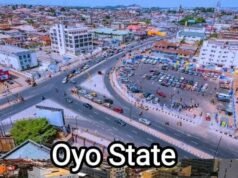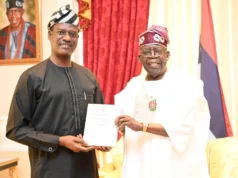In very recent times, the country has seen a lot of chaos and instability across various areas. Life in Nigeria for the average Nigerian in recent times has been plagued with suffering, poverty and hunger, and it is safe to say that things are about to worsen as new tax reforms have been signed and approved by President Tinubu, the “tax master”.
Concerns have been raised about the fact that several sectors and bodies are currently on strike, including the Resident doctors association, Academic staff union, Nupeng from the oil sector and even TUC and NLC, threatening their own strike over the 5% tax bill and unsustainable minimum wage, respectively, all of which have negatively impacted the lives of ordinary Nigerians.
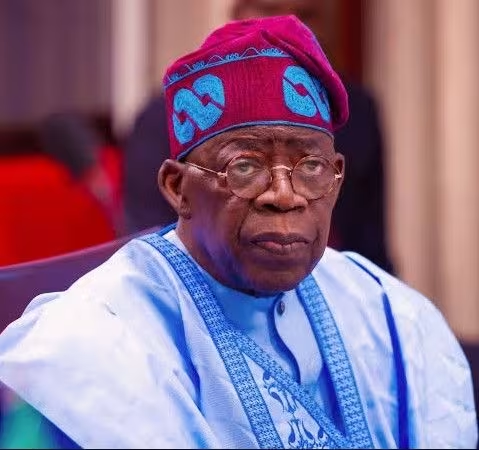
However, what seems to me more pressing to the current APC-led Tinubu administration is signing more and more tax bills into law while the average Nigerian still struggles with the barest minimum to feed.
Table of Contents
The New tax reform bills
In June of 2025, President Bola Ahmed Tinubu approved a numbers of tax reforms that are expected to take full effect from January 1st, 2026.
While some of the tax reforms may genuinely be of benefit to the low-income-earning Nigerians, some others have brought about raised eyebrows and mixed reactions.
Some key highlights of the tax reforms include;
1. In a move to ease the tax burden on the most vulnerable, workers earning ₦800,000 or less annually will now be exempt from paying income tax. Additionally, small business owners are no longer required to pay income tax, a policy shift expected to support entrepreneurship and economic growth at the grassroots level.
2. Progressive Personal Income Tax Rates:
High-income earners will be subject to a new personal income tax rate of 25%, but only those earning above ₦50 million annually will be affected. This change reflects a move toward a more progressive tax structure.
3. VAT Exemptions on Essential Goods:
To shield the poor from inflationary pressures, the reform includes targeted VAT exemptions on essential goods and services. These include basic food items, pharmaceuticals, medical services, electricity, and educational fees. The Value Added Tax (VAT) rate, however, remains at 7.5%.
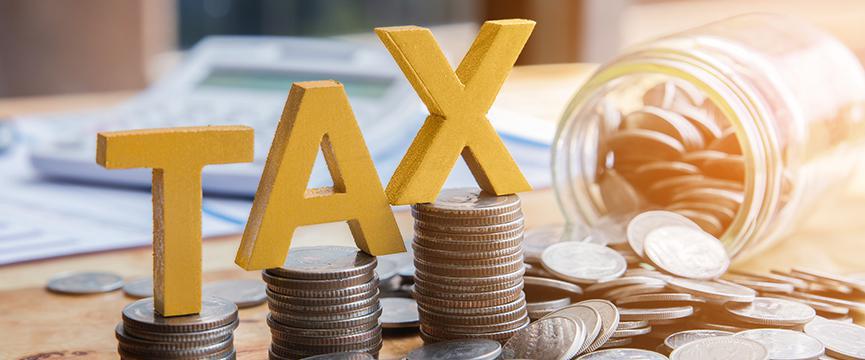
4. Introduction of Development Levy:
A new Development Levy, ranging from 2% to 4%, has been introduced to fund key national agencies such as the Nigerian Education Loan Fund (NELFUND), Tertiary Education Trust Fund (TETFund), National Information Technology Development Agency (NITDA), and the National Agency for Science and Engineering Infrastructure (NASENI).
5. Also added was a 5% tax levy on petroleum products, however, not including kerosene, CNG and cooking gas.
A review of the Tax Reforms
While fiscal experts have revealed that these reforms have the potential to increase tax base size, promote inclusive economic growth, and enhance compliance, seek to lower administrative expenses and advance equity by centralising revenue collection and easing the tax burden on small enterprises and low-income workers, other bodies have rejected some areas of these tax reforms, particularly the 5% levy on petroleum products.
Concerns have been raised and rejections expressed over the fact that many Nigerians are yet to recover from the removal of fuel subsidy by the current administration, only for this reform to have been approved. Further arguments drawn from assertions that if the government would tax 5% on these products, it should have left a subsidy to cushion the effect on Nigerians.
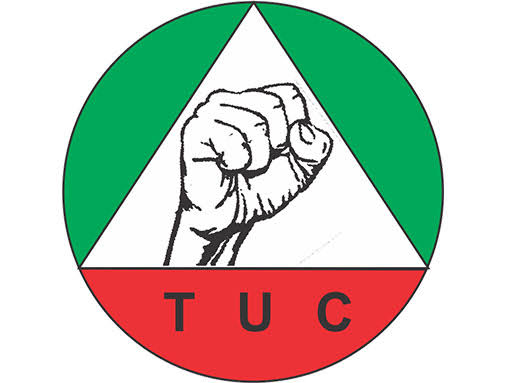
Part of the organisations rejecting the tax reform include the Trade Union Congress(TUC) and the Organised Private Sector(OPS).
The TUC in opposition to this very tax reform, describing it as a “reckless act of economic wickedness,” has issued a 14-day ultimatum to the federal government to revoke this bill, adding that if it is not withdrawn, the TUC would embark on a strike.
Similarly, the OPS has rejected this move, stressing that it would escalate the already high rate of inflation nationwide if implemented.
TUC president in a statement said that the “Government cannot continue to use Nigerians as sacrificial lambs for its economic experiments. Instead of offering relief, jobs, and solutions, it has chosen to further squeeze citizens dry. This is unacceptable!
“The TUC hereby urge the Federal Government to immediately stop this anti-people’s plan in its entirety. Failure to do so will leave us with no option but to mobilise Nigerian workers and the masses for a total nationwide resistance. Strike action is firmly on the table if the government dares to ignore this warning and go ahead to implement this policy.”
“Enough is enough. Nigerians deserve economic justice, not endless punishment,” the union leaders added.
Uncertainty of the new tax reforms for Nigerians and the economy
Although certain areas of these newly approved reforms have been applauded, concerns have also been raised about the part of the reforms that requires a 25% tax levy on companies earning more than 50 million annually.
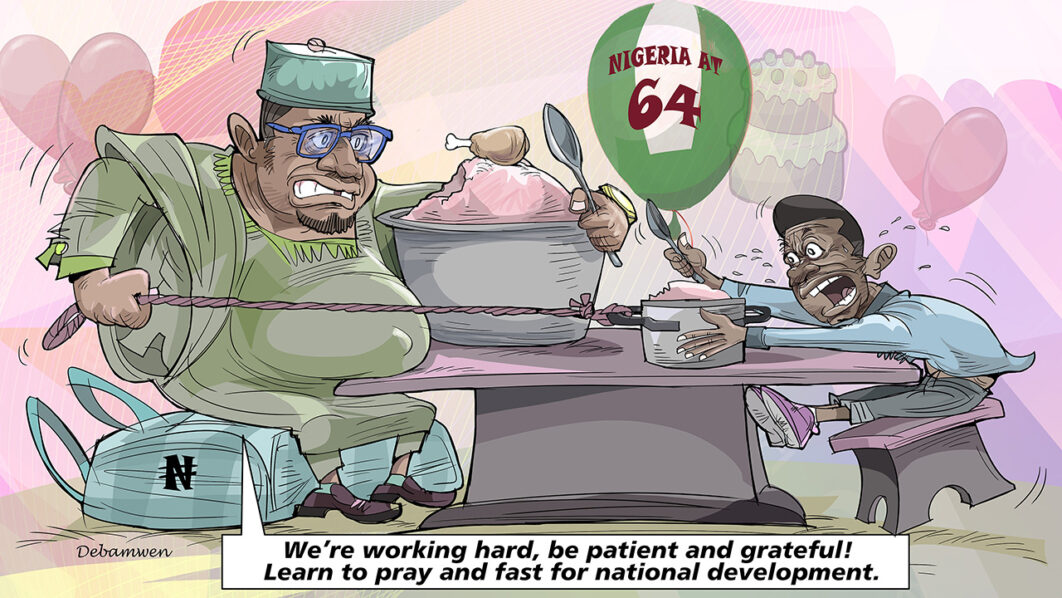
In a session with NaijaEyes, some concerned Nigerians have also drawn attention to the president’s previous works in Lagos state, adding that these developments do not come as a surprise, as Tinubu had also effected a number of tax reforms in Lagos state, which generated revenue for the state, bringing it to where it is presently.
Recall that the president had recently declared that his administration had met its revenue targets for the year 2025. One is forced to wonder, if this was truly the case, should the average Nigerian not feel this in their everyday life?
Rather than this, inflation is still at an all-time high, and suffering and insecurity are still the order of the day.
Following all these, one is still unsure of the full impact of these new tax reforms on the average Nigerian and what the nation’s economy will look like in the coming year.



